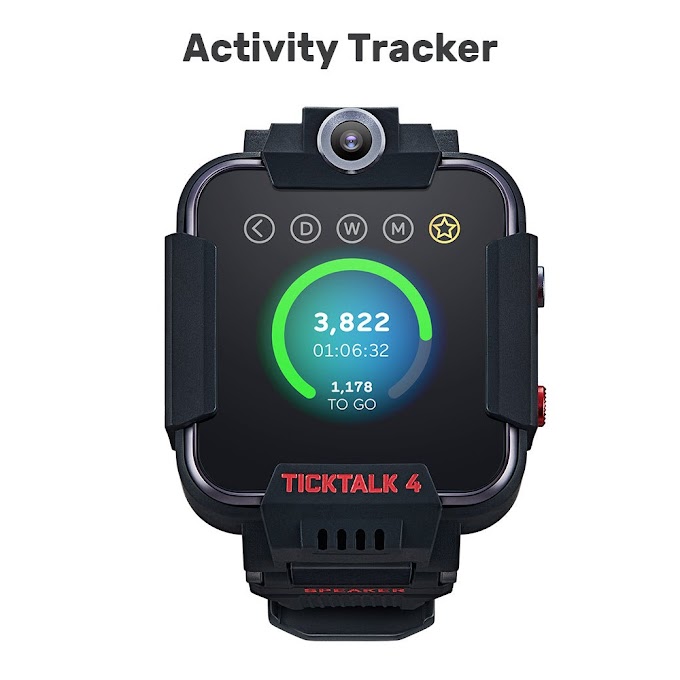Calm Store is a registered NDIS provider, and a family run business, committed to helping our customers feel better and get the most out of life.
This spiky looking mat and pillow may look intimidating, but it massages pressure points all over the body to relax tight muscles and relieve stress.
Weighted blankets are a simple, non-drug option that have been scientifically proven to reduce anxiety, calm nerves, provide comfort, and promote deep sleep.
This heated massager is a bit of an investment, but after a long day, wouldn’t a heated neck massage be wonderful?
Plus, this massager is cordless so you can easily use it anywhere on your body – back, legs, or wherever you have muscle pain or tension.
From minor challenges to major crises, stress is part of life. And while you can't always control your circumstances, you can control how you respond to them. When stress becomes overwhelming or chronic, it can affect your well-being. That's why it's essential to have effective stress relievers that can calm your mind and body.
There isn't a one-size-fits-all option when it comes to stress relief, however. What works for one person might not work for another.
And what works for you at home might not be an option when you're at work or in the community (dancing around your living room might be helpful but dancing in the grocery store might not be).
So it's important to have a variety of stress relief tools at your disposal. Then, you'll be able to pick a strategy that works best for your current circumstances.
What strategies can relieve stress fast? A number of helpful techniques, such as deep breathing and meditation, are fast-acting tools that you can do anywhere, anytime.
Whether you're about to be interviewed for a job or you're feeling overwhelmed by your child's behavior at the playground, it's important to have some stress reduction tools that can lower your stress right now.
Guided imagery is like taking a short vacation in your mind.1 It can involve imagining yourself being in your "happy place"—maybe picturing yourself sitting on a beach, listening to the waves, smelling the ocean, and feeling the warm sand underneath you.
Guided imagery can be done with a recording where you listen to someone walk you through a peaceful scene. Or, once you know how to do it yourself, you can practice guided imagery on your own.
Simply close your eyes for a minute and walk yourself through a peaceful scene. Think about all the sensory experiences you engage in and allow yourself to feel like you're really there. After a few minutes, open your eyes and return to the present moment.
Meditation brings short-term stress relief as well as lasting stress management benefits. There are many different forms of meditation to try–each one is unique and brings its own appeal.2
You might develop a mantra that you repeat in your mind as you take slow deep breaths. Or, you might take a few minutes to practice mindfulness, which involves being in the moment. Simply pay attention to what you see, hear, taste, touch, and smell.
When you're focused on the here-and-now, you won't be able to ruminate about something that already happened and you can't worry about something in the future. Meditation and mindfulness take practice, but it can make a big difference in your overall stress level as it brings you back to the present.
Progressive muscle relaxation involves relaxing all the muscles in your body, group by group.3 To practice, you can start with a few deep breaths.
With practice, you'll learn to recognize tension and tightness in your muscles and you'll be able to relax more easily. Each time you practice, however, you should experience a feeling of relaxation sweeping through your body.
Just focusing on your breath or changing the way you breathe can make a big difference to your overall stress level. Breathing techniques can calm your body and your brain in just a few minutes.4
Emotional regulation tools for childrenThe best news is that no one around you will know you're doing them. So whether you're in a stressful meeting or you're sitting in a crowded theater, breathing exercises could be key to reducing your stress.5
Breathe in through your nose and watch your belly fill with air. Count slowly to three as you inhale. Hold for one second, and then slowly breathe out through your nose as you count to three again.
Breathe in through your nose and imagine that you're inhaling peaceful, calm air. Imagine that air spreading throughout your body. As you exhale, imagine that you're breathing out stress and tension.
Exercise is a fantastic stress reliever that can work in minutes. Taking a walk allows you to enjoy a change of scenery, which can get you into a different frame of mind, and brings the benefits of exercise as well.
So whether you just need to take a stroll around the office to get a break from a frustrating task or you decide to go for a long walk in the park after work, walking is a simple but effective way to rejuvenate your mind and body.6
When you hug someone, oxytocin (also known as the "cuddle hormone") is released. Oxytocin is associated with higher levels of happiness and lower levels of stress.
Oxytocin also causes a reduction in blood pressure.7 It reduces the stress hormone norepinephrine and can produce a sense of relaxation.
Oxytocin also causes a reduction in blood pressure.7 It reduces the stress hormone norepinephrine and can produce a sense of relaxation.
So don't be afraid to ask a loved one for a hug if you need it. It's good for both of you and it can be one of the simplest forms of stress relief available.
Aromatherapy has real benefits for stress relief—it can help you to feel energized, more relaxed, or more present in the moment.
Getting in touch with your creative side may have been easy for you during childhood, but it's not too late to pick it up again if you’ve lost touch with your penchant for artwork.
If you aren't into drawing or painting, consider coloring in a coloring book. Adult coloring books have risen in popularity, and for good reason—coloring can be a great stress reliever.
Research consistently shows that coloring can have a meditative effect. One study found that anxiety levels decline in people who were coloring complex geometric patterns, making it a perfect outlet for stress reduction.
What can you do to calm mental stress over the long term? Certain habits can promote resilience to stress and increase overall wellness. For example, those who exercise or meditate regularly tend to become less stressed in the face of a difficult challenge.9
So it's important to create a lifestyle that will help you ward off stress and deal with challenges in a healthy way.
A poor diet can bring greater reactivity toward stress.10 Emotional eating and reaching for high-fat, high-sugar foods can provide a temporary sense of relief that adds to your long-term stress.
Refined carbs, like cookies and potato chips, can cause a spike in blood sugar. When your blood sugar crashes, you might experience more stress and anxiety.



